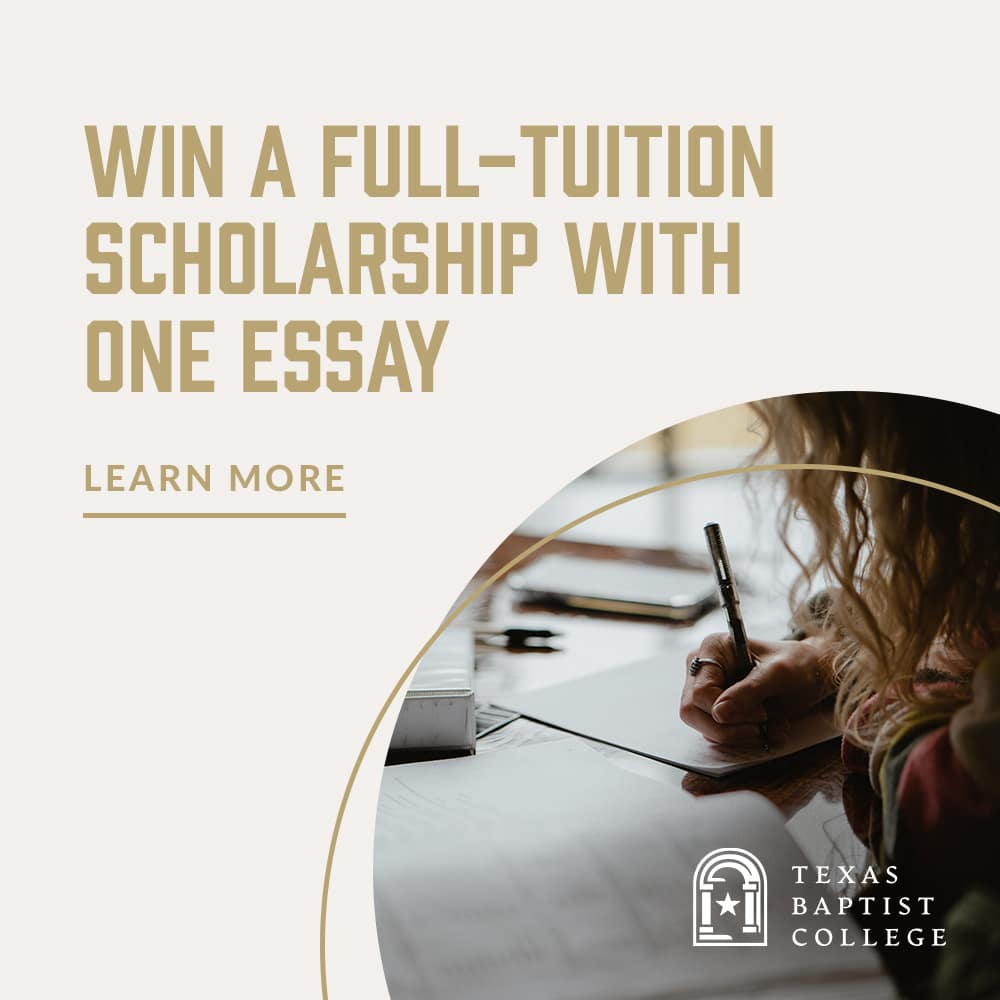Words of Wisdom: Dr. Christopher Nelson
President of St. John's College discusses the future of the American university, the ideal St. John's student, and his favorite reads of 2014.

Christopher B. Nelson has been president of St. John’s College in Annapolis, Maryland, since June 1991. He is an alumnus of St. John’s (B.A. 1970) and a graduate of the University of Utah College of Law (J.D. 1973), where he founded and directed the university’s student legal services program. He practiced law in Chicago for 18 years and was chairman of his law firm when he left the practice to take his current position at St. John’s College.
Nelson is a national spokesperson for the liberal arts, participating actively in the national conversation about higher education. Frequently a panelist and speaker on state, regional, and national programs, he has addressed issues of institutional autonomy in the face of government regulatory intrusion and changes proposed in the accrediting system. His current focus is making clear the value of liberal education – in providing excellent grounding for career and professional development and, most importantly, for an open-minded pursuit of lifelong learning.
1. What is the greatest obstacle to staying true to the original mission of St. John’s?
At St. John’s there is no obstacle to adhering to our original mission. With every passing year we become increasingly aware that the world needs liberal education more than ever. There are, however, several challenges. Here are three: first, the clamor for ever more vocational courses, which has arisen because many no longer understand liberal learning as a path to fulfilling their highest aspirations for a complete, useful, and happy life; second, the governmental regulation of curricular content through demands for a sort of learning assessment that uses measures incompatible with liberal learning; and third, the widening disparity in family incomes that makes it ever more difficult for families to pay for a liberal education.
2. In, say, 10 years, what do you think the landscape of the American University will look like?
On-line learning will have replaced the lecture hall in a growing number of schools. More and more schools will offer degrees on the basis of passing competency tests, without requiring participation in the traditional classroom. More liberal arts colleges will offer vocational studies. A number of small schools will have closed their doors. And yet, partly as a result of these developments, a growing number of students and their families will have come to appreciate the importance of residential colleges with small discussion-based classes, where an education in the liberal arts will continue to thrive. The colleges that hold to the primacy of liberal education will have succeeded in distinguishing themselves from those that have capitulated to vocationalism. They will have persuaded a growing student population of need for an education that will free them to achieve their highest aspirations. And they will have acquired a sizeable amount of the philanthropic support needed to make this education affordable to all who are able and eager to undertake it.
3. In preparing our students for college, what factors are most important to consider?
Students need help finding books that are worthy of their love. They need help coming to love the world, with all its maddening faults and all its stupendous mysteries. They need understanding that a single genuine question opens up the entire world of learning, while an answer is merely the occasion for another question. In other words, those who prepare students for college should stoke their desire to learn by helping them discover the joy of learning.
4. What does the ideal prospective St. John’s student look like? What about the ideal St. John’s graduate?
Ideal prospective students for St. John’s love reading, thirst for learning, and desire to create their own education by actively participating in it.
Ideal graduates of St. John’s leave the College with deeper self-understanding—especially concerning the limits of their knowledge—together with the desire and the courage to continue to learn for the rest of their lives. They have a realistic assessment of their imperfections, together with a rational determination to improve both themselves and the world in which they live.
5. What book that you read for the first time in 2014 was your favorite?
Actually, there are three:
1. Henry James, The Golden Bowl
2. Roger Rosenblatt, Unless It Moves The Human Heart
3. Wendell Berry, The Way of Ignorance









